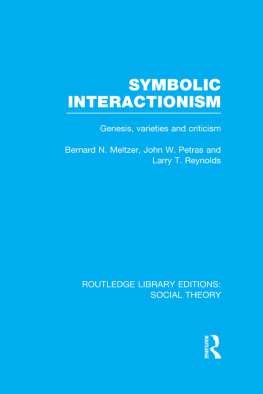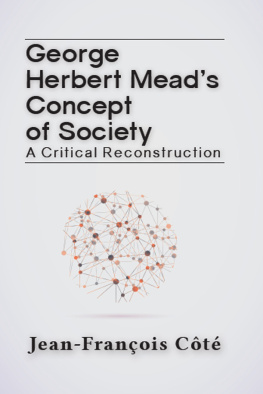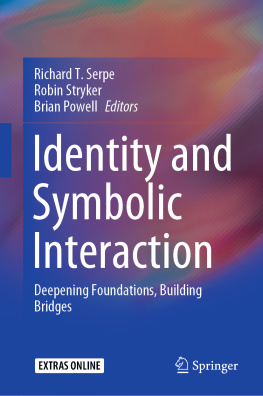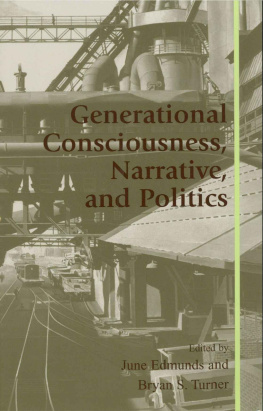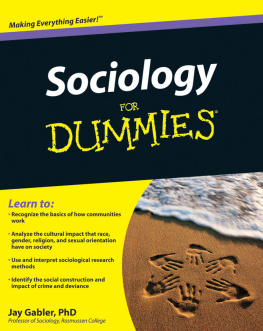David R. Maines - The Faultline of Consciousness: A View of Interactionism in Sociology
Here you can read online David R. Maines - The Faultline of Consciousness: A View of Interactionism in Sociology full text of the book (entire story) in english for free. Download pdf and epub, get meaning, cover and reviews about this ebook. year: 2001, publisher: A. de Gruyter, genre: Romance novel. Description of the work, (preface) as well as reviews are available. Best literature library LitArk.com created for fans of good reading and offers a wide selection of genres:
Romance novel
Science fiction
Adventure
Detective
Science
History
Home and family
Prose
Art
Politics
Computer
Non-fiction
Religion
Business
Children
Humor
Choose a favorite category and find really read worthwhile books. Enjoy immersion in the world of imagination, feel the emotions of the characters or learn something new for yourself, make an fascinating discovery.

- Book:The Faultline of Consciousness: A View of Interactionism in Sociology
- Author:
- Publisher:A. de Gruyter
- Genre:
- Year:2001
- Rating:5 / 5
- Favourites:Add to favourites
- Your mark:
The Faultline of Consciousness: A View of Interactionism in Sociology: summary, description and annotation
We offer to read an annotation, description, summary or preface (depends on what the author of the book "The Faultline of Consciousness: A View of Interactionism in Sociology" wrote himself). If you haven't found the necessary information about the book — write in the comments, we will try to find it.
This book is organized as an expression of the centrality of interactionism to general sociology. Each chapter is designed to articulate this view of the field. Symbolic interactionism, the way Maines has come to understand and use it, is essentially the concerted application of pragmatist principles of philosophy to social inquiry.
There are four basic elements to this characterization. First, people transform themselves: people are self-aware beings who reflexively form their conduct and thus are capable of adjusting their lines of action and creating new ones. Second, people transform their social worlds: human action takes place in contexts of situations and social worlds. People can modify the social matrices in which they act, and thus people are agents of change. Third, people engage in social dialogue: communication is generic and is at the heart of both stability and change. A fourth element is that people respond to and deal with their transformations. Humans construct situations and societies; they establish social structures and cultures.
These are the consequences of human action, and once formed they reflexively function to direct and channel conduct. Maines argues that when people do things together they can create enduring group formations, such as divisions of labor, rules for inheritance, wage-labor relations, or ideologies. These are instances of group characteristics that influence human conduct and indeed are not reducible to the traits of individuals making up the group or society.
David R. Maines is professor and chair of sociology and anthropology at Oakland University, Rochester, Michigan, where he teaches courses on urban sociology and social stratification. He was one of the founding members of the Society for the Study of Symbolic Interaction, and in 1999 received the SSSI George Herbert Mead Award for lifetime contributions to scholarship.
David R. Maines: author's other books
Who wrote The Faultline of Consciousness: A View of Interactionism in Sociology? Find out the surname, the name of the author of the book and a list of all author's works by series.

